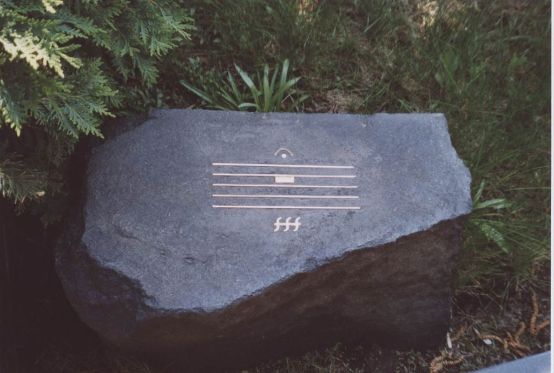Well-trodden paths
An outstanding recording of cello sonatas from the Soviet Union. However, there is still much to discover in this category.

The Sonata in D minor op. 40 by Dmitri Shostakovich and the 1st Sonata (1978) by Alfred Schnittke are separated by little more than four decades. However, the aesthetic positions and formal differences could not be greater. While Shostakovich's sonata reflects a high degree of classicism, Schnittke's experimental contribution to the genre testifies to a far greater freedom based on cultural policy. There are no surprises with Shostakovich, but all the more so with Schnittke. The Presto, framed by the refined, baroque-like Largo outer movements, presents itself as a demonic scherzo with a perpetuum-mobile character of stirring expressiveness.
Even in the intervening Sonata op. 119 by Sergei Prokofiev, written in 1949, the cellist Mattia Zappa's enchantingly beautiful cantabile is striking. On closer listening, however, it becomes apparent that he takes the phrasing to the extreme by stringing one slur after the other and thus developing an almost endless, unstructured melodic line. The pianist Massimiliano Mainolfi, who is equally challenged as a soloist, displays more profile and rhythmic acuity. In Schnittke's Presto, he achieves the feat of playing ffff e martellatissimo without creating metallic harshness.
These three works form a triad that has been cemented in many recordings. They stand out from an iceberg of playable sonatas for cello and piano from the Soviet era, such as those by Alexander and Boris Tchaikovsky, Alexandrov, Bogdanov-Beresovsky, Brumberg, Eiges, Feldman, Finkelstein, Goedike, Golubev, Yevseyev, Kirkor, Kossenko, Kochurov, Myaskovsky, Nikolayev, Roslavets, Sharonov ... The majority of these sonatas were dedicated to either Mstislav Rostropovich or Daniel Schafran and are waiting to be rediscovered.
A Russian Album (sonatas by Prokofiev, Shostakovich, Schnittke). Mattia Zappa, violoncello; Massimiliano Mainolfi, piano. Claves 50-1504








